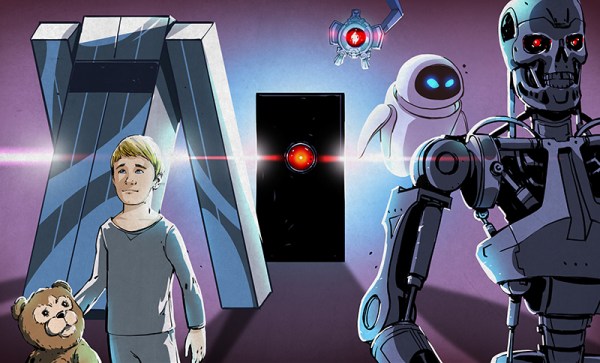Everyone knows what a chatbot is, but how about a deadbot? A deadbot is a chatbot whose training data — that which shapes how and what it communicates — is data based on a deceased person. Now let’s consider the case of a fellow named Joshua Barbeau, who created a chatbot to simulate conversation with his deceased fiancee. Add to this the fact that OpenAI, providers of the GPT-3 API that ultimately powered the project, had a problem with this as their terms explicitly forbid use of their API for (among other things) “amorous” purposes.
[Sara Suárez-Gonzalo], a postdoctoral researcher, observed that this story’s facts were getting covered well enough, but nobody was looking at it from any other perspective. We all certainly have ideas about what flavor of right or wrong saturates the different elements of the case, but can we explain exactly why it would be either good or bad to develop a deadbot?
That’s precisely what [Sara] set out to do. Her writeup is a fascinating and nuanced read that provides concrete guidance on the topic. Is harm possible? How does consent figure into something like this? Who takes responsibility for bad outcomes? If you’re at all interested in these kinds of questions, take the time to check out her article.
[Sara] makes the case that creating a deadbot could be done ethically, under certain conditions. Briefly, key points are that a mimicked person and the one developing and interacting with it should have given their consent, complete with as detailed a description as possible about the scope, design, and intended uses of the system. (Such a statement is important because machine learning in general changes rapidly. What if the system or capabilities someday no longer resemble what one originally imagined?) Responsibility for any potential negative outcomes should be shared by those who develop, and those who profit from it.
[Sara] points out that this case is a perfect example of why the ethics of machine learning really do matter, and without attention being paid to such things, we can expect awkward problems to continue to crop up.











